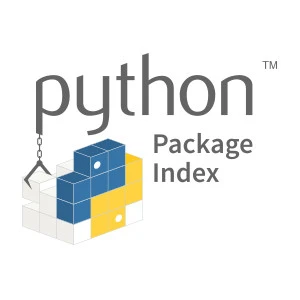Search
Items tagged with: accesskit
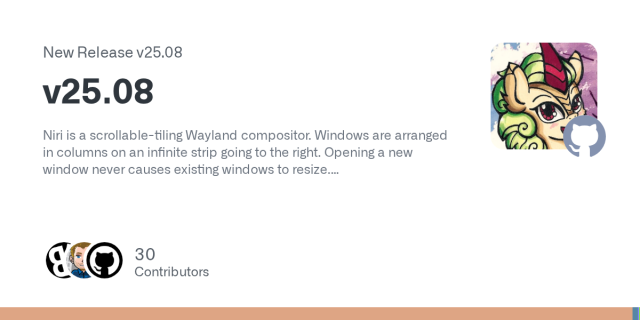
Release v25.08 · YaLTeR/niri
Niri is a scrollable-tiling Wayland compositor. Windows are arranged in columns on an infinite strip going to the right. Opening a new window never causes existing windows to resize. A month ago, o...GitHub
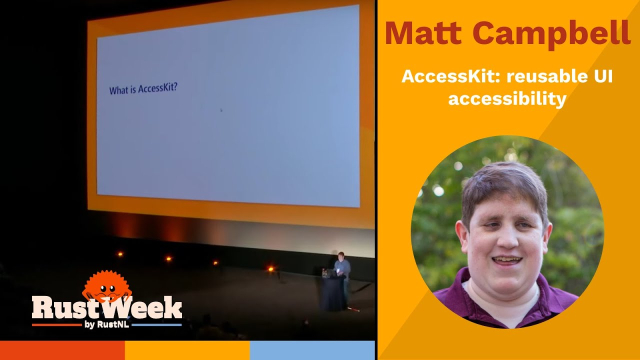
AccessKit: reusable UI accessibility - Matt Campbell
Rust’s modularity enables reusable, cross-platform UI accessibility infrastructure. And Rust’s minimal runtime overhead enables reuse across languages as wel...YouTube
AccessKit with Matt Campbell and Arnold Loubriat :: Rustacean Station
Come journey with us into the weird, wonderful, and wily world of Rust.Rustacean Station

AccessKit: reusable UI accessibility - RustWeek 2025
RustWeek 2025, The Netherlands - May 13 - 17 2025rustweek.org
Modernizing accessibility for desktop Linux
In some aspects, such as in gaming, the Linux desktop has made enormous strides in the past few years. In others, such as accessibility, things have stagnated.lwn.net
Hi @matt 👋
Yesterday in #LibrePlanet chat I named the #Makepad project, a real adorable 😍 effort that's still lacking on the #a11y side, i.e. could do with some #AccessKit on board.
Today I found out that Makepad is apparently part of a #Rust appdev effort, called #Robius. Another project here is #Dioxus.. also in for @accesskit #accessiblity support.. maybe. 🤔
Robius looks like a very loose conglomeration of independent projects. Maybe AccessKit is even a fit to it?
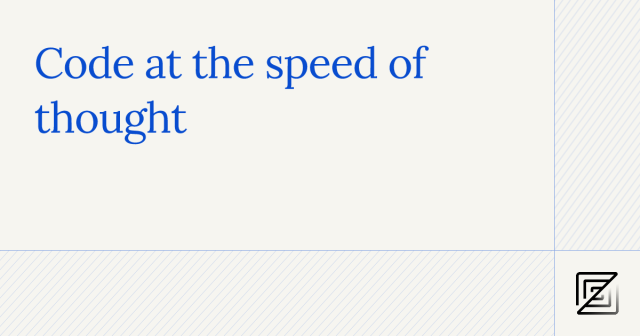
Zed - Code at the speed of thought
Zed is a high-performance, multiplayer code editor from the creators of Atom and Tree-sitter.Zed
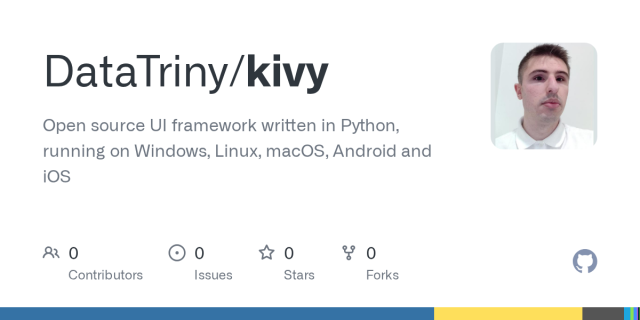
GitHub - DataTriny/kivy at accesskit-demo
Open source UI framework written in Python, running on Windows, Linux, macOS, Android and iOS - GitHub - DataTriny/kivy at accesskit-demoGitHub
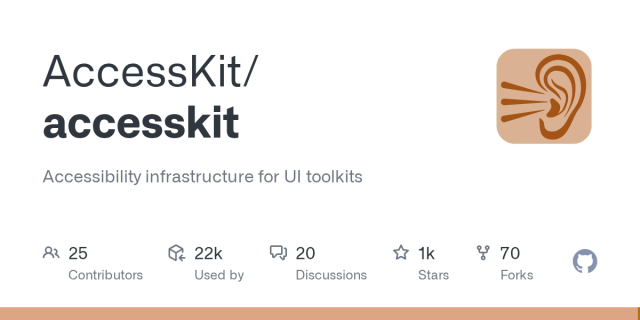
GitHub - AccessKit/accesskit: UI accessibility infrastructure across platforms and programming languages
UI accessibility infrastructure across platforms and programming languages - GitHub - AccessKit/accesskit: UI accessibility infrastructure across platforms and programming languagesGitHub
accesskit.dev/talon-voice-cont…
#accessibility #egui
Talon
Talon enables you to write code, play games, and control your computer with voice, eye tracking, or noises.talonvoice.com
accesskit.dev/accesskit-integr…
#gameDev #indieDev #accessibility
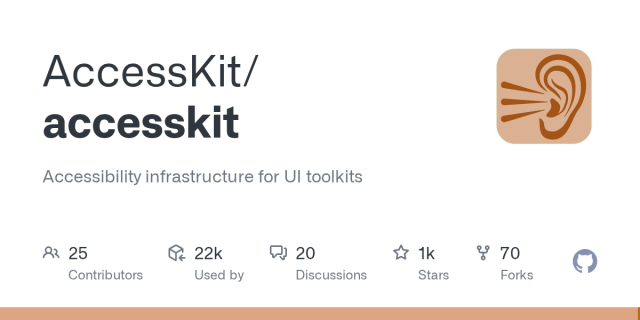
GitHub - AccessKit/accesskit: UI accessibility infrastructure across platforms and programming languages
UI accessibility infrastructure across platforms and programming languages - GitHub - AccessKit/accesskit: UI accessibility infrastructure across platforms and programming languagesGitHub



